Infectious Congenital Zika Syndrome is a serious condition affecting newborns. Understanding its causes, symptoms, and prevention is crucial to protect infants from long-term health issues.
What are the main causes of Congenital Zika Syndrome?
- Zika virus infection during pregnancy is the primary cause, transmitted mainly through infected Aedes mosquitoes, leading to potential fetal brain abnormalities.
- Maternal exposure to contaminated blood or bodily fluids can increase the risk of passing the virus to the developing fetus.
- In rare cases, sexual transmission from an infected partner during pregnancy can also result in congenital Zika syndrome.
Key symptoms of Congenital Zika Syndrome to watch for
- Microcephaly, characterized by an abnormally small head size, is one of the most common signs observed in affected infants.
- Neurological impairments such as seizures, developmental delays, and intellectual disabilities may manifest during infancy or early childhood.
- Vision and hearing problems, including eye malformations and hearing loss, are frequently reported among babies with the condition.

>>>Explore further: Understanding infectious congenital rubella syndrome today
How can you prevent Congenital Zika Syndrome effectively?
- Avoid mosquito bites by using insect repellents, wearing long-sleeved clothing, and ensuring mosquito-proof housing during pregnancy.
- Practice safe sex, including condom use or abstinence, especially when living in or traveling to Zika-affected regions.
- Pregnant women should stay informed about Zika outbreaks and follow travel advisories to minimize exposure risks.
>>>Explore further: Understanding infectious cytomegalovirus (CMV) infection
Image description of Congenital Zika Syndrome
Congenital Zika Syndrome is a birth defect caused by maternal Zika virus infection. It primarily affects fetal brain development, leading to microcephaly, neurological impairments, and sensory deficits.
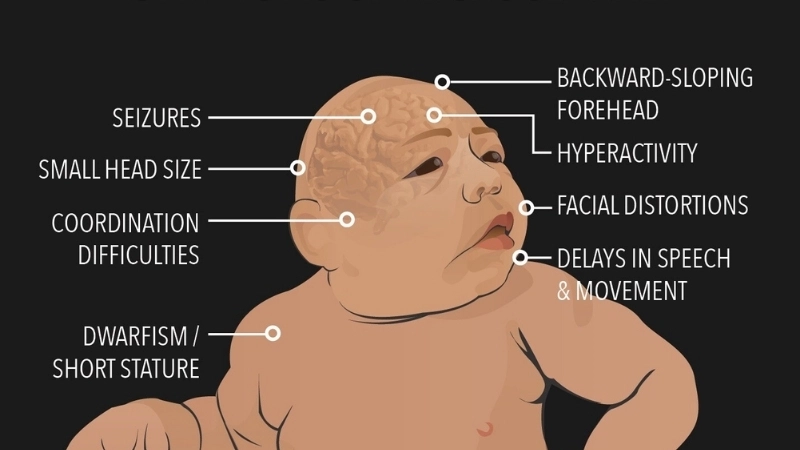
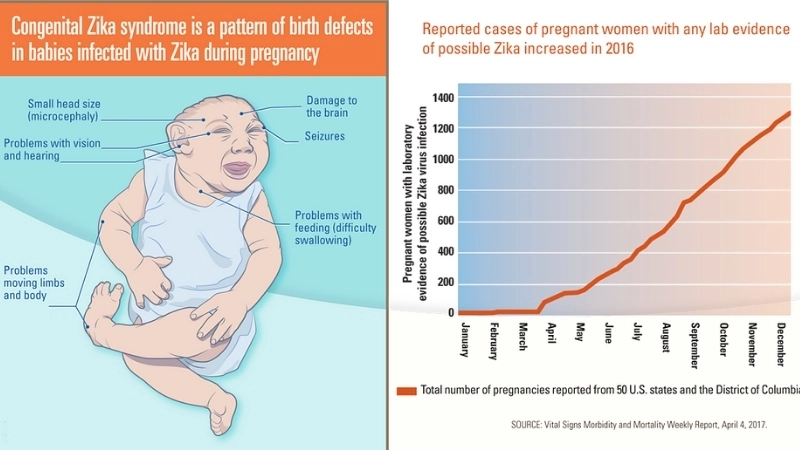
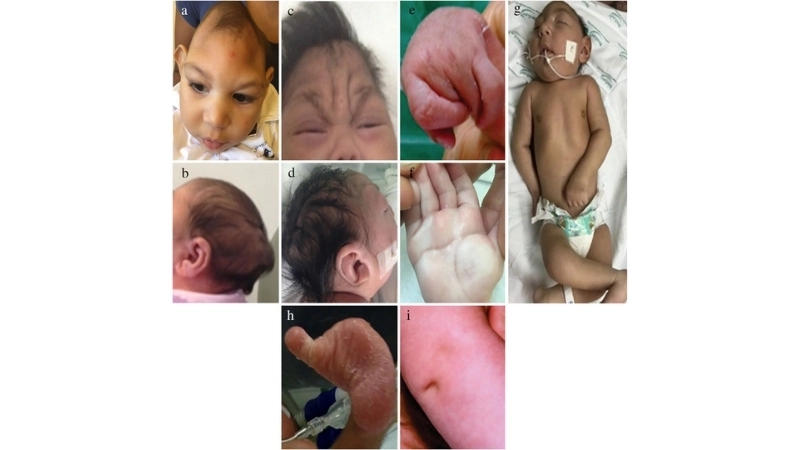
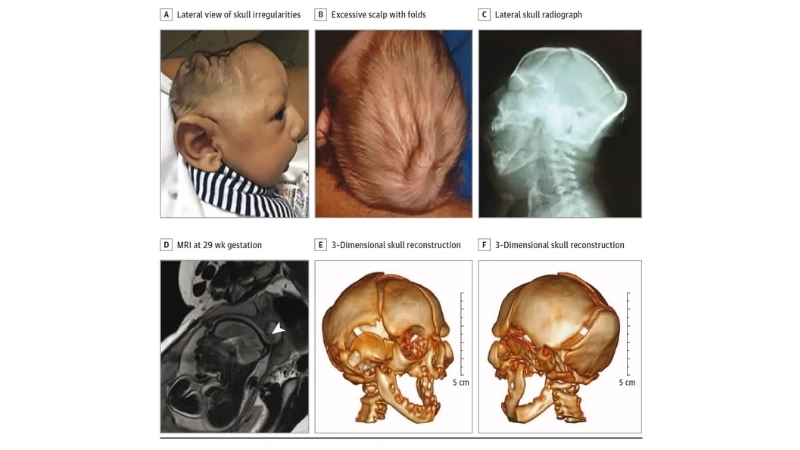
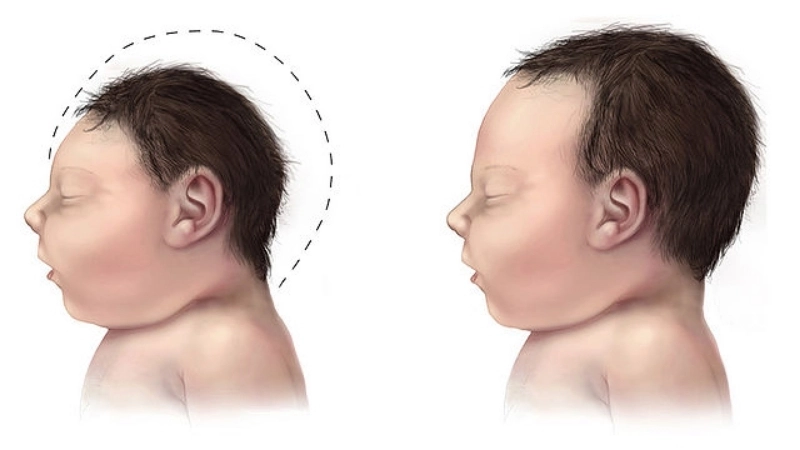
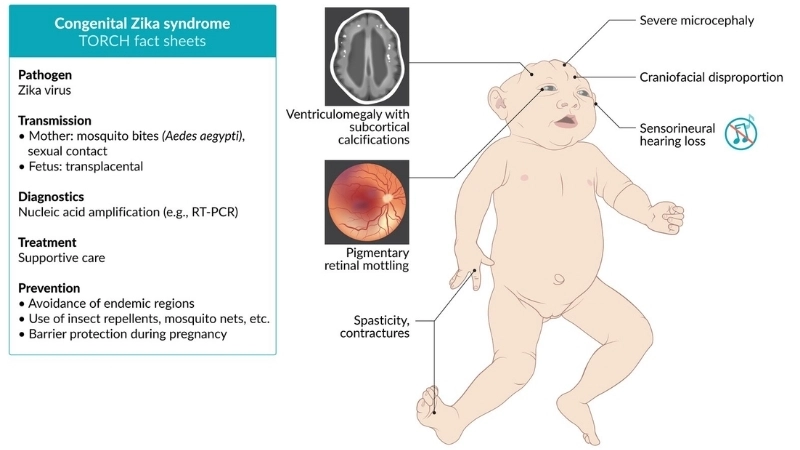


>>>Explore further: Understanding Infectious Mononucleosis (Glandular Fever)
Early awareness of Infectious Congenital Zika Syndrome can save lives. Parents and healthcare providers must work together to prevent infections and ensure proper care for affected newborns.






